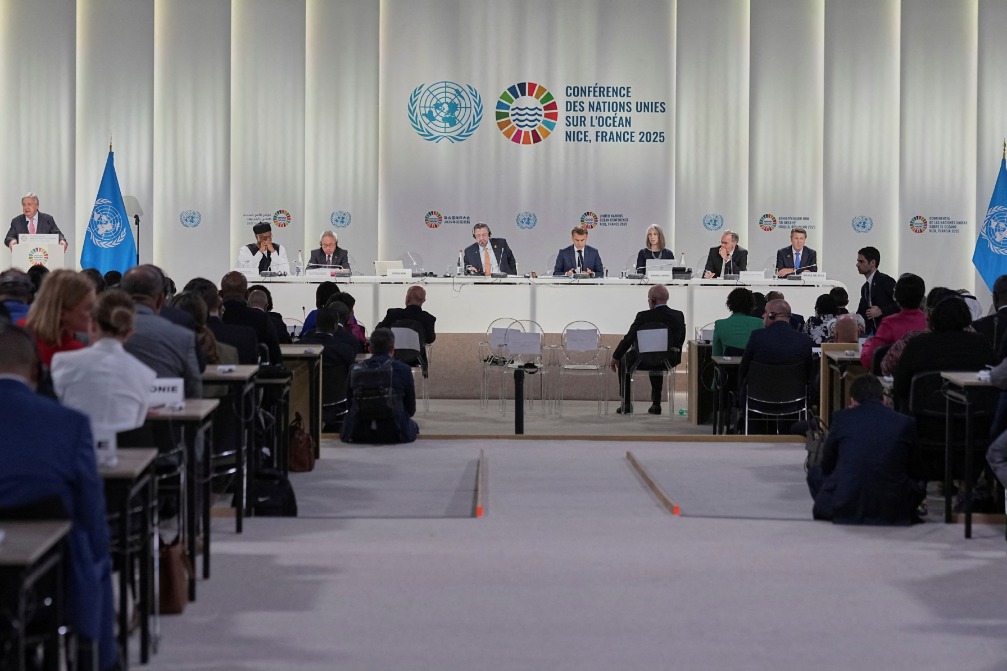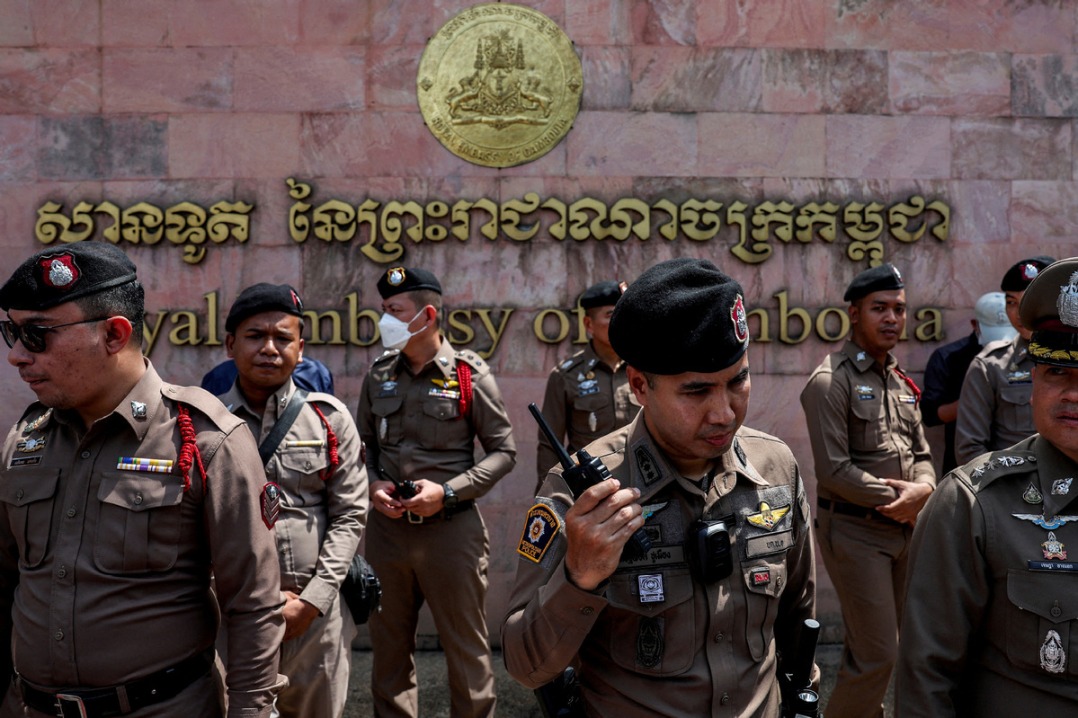Malaysia fights to save centuries-old creole language

MALACCA, Malaysia - Children in colorful outfits sing in a creole of Portuguese and Malay during a class in the historic Malaysian city of Malacca, as part of efforts to stem the decline of the centuries-old language.
The youngsters chant bong atardi mestri ("good evening, teacher") and work their way through songs including Bunitu siara siorus ("Beautiful ladies and gentlemen") and Gato do matu ("The jungle cat").
Sara Santa Maria runs the weekly classes at her home to ensure the younger generation learn Papia Kristang, one of several steps aimed at preserving an endangered language spoken by people of mixed Portuguese and Malay ancestry.
"I definitely fear Kristang could disappear," the 50-year-old teacher said, as the youngsters dressed in traditional Portuguese costumes laughed and danced.
"Many Eurasians have moved out of the settlement and the children only speak Malay and English," she added, referring to an area of Malacca that has traditionally been home to speakers of the language.
Kristang developed after the Portuguese took over the strategic port city on the Straits of Malacca, one of the world's most important shipping routes, about 500 years ago and colonizers married local women.
It was an era when tiny Portugal had a global empire and Malacca, a center of the lucrative spice trade, was a key prize for rival powers. After Portuguese rule, the Dutch colonized it in 1641 and, with some interruptions, the British ruled from 1824 until Malaysian independence in 1957.
The city on Malaysia's west coast still has vestiges of colonial rule, making it popular with tourists, including red-walled Dutch buildings and a gatehouse which is all that remains of a once-mighty Portuguese fortress.
Kristang has a largely Portuguese vocabulary but its grammatical structure is similar to Malay, the most common spoken language in Malaysia. It is also influenced by Chinese and Indian languages.
As well as in Malaysia, it is spoken by tiny communities in Singapore and Australia due to migration.
But it has been in decline for years. The language is not part of the school curriculum and the Eurasian community has been steadily assimilated into the broader Malay-speaking community.
'Part of my identity'
UNESCO, which lists languages in peril, classifies Kristang as "severely endangered" and says only about 2,000 people speak it.
It is just one of many tongues in danger, with the UN agency predicting that half the world's 6,000 languages will disappear by the end of this century.
Despite the dire outlook, Kristang's melodic tones can still be heard frequently in the small Malacca settlement of Ujong Pasir where the Portuguese Eurasian community has traditionally lived.
Groups of elderly men sit chatting in the language on the waterfront, and are enthusiastic about passing it on to the next generation.
"I and my wife speak the language with our five children, 11 grandchildren and our two-year-old great-grandchild to keep it alive," said former fisherman Stanley Goonting, 72.
But he is all too aware of Kristang's vulnerability: "There is a danger that Papia Kristang will be spoken less and die out."
As well as Santa Maria's lessons, other moves are being made to save the language. A Kristang textbook has been produced, as well as a mobile app and a CD of Catholic prayers and hymns.
In neighboring Singapore, Kevin Martens Wong, a Eurasian-Chinese teacher, is spearheading efforts to revive Kristang, and has taught the language to hundreds of students since 2016.
His grandparents spoke Kristang but he only learned it in recent years before deciding to teach others.
"I had never learned it growing up, so there's a strong passion and investment in learning the language and passing it on to others," he said.
There is also great enthusiasm for the language among Santa Maria's students, which offers some hope for the future.
"Kristang is part of my identity and culture, I want to preserve it," said Gabriella Amber, a 12-year-old who has been learning the language for five years.
"If we stop talking, I fear it will become extinct."
Agence France - presse

































